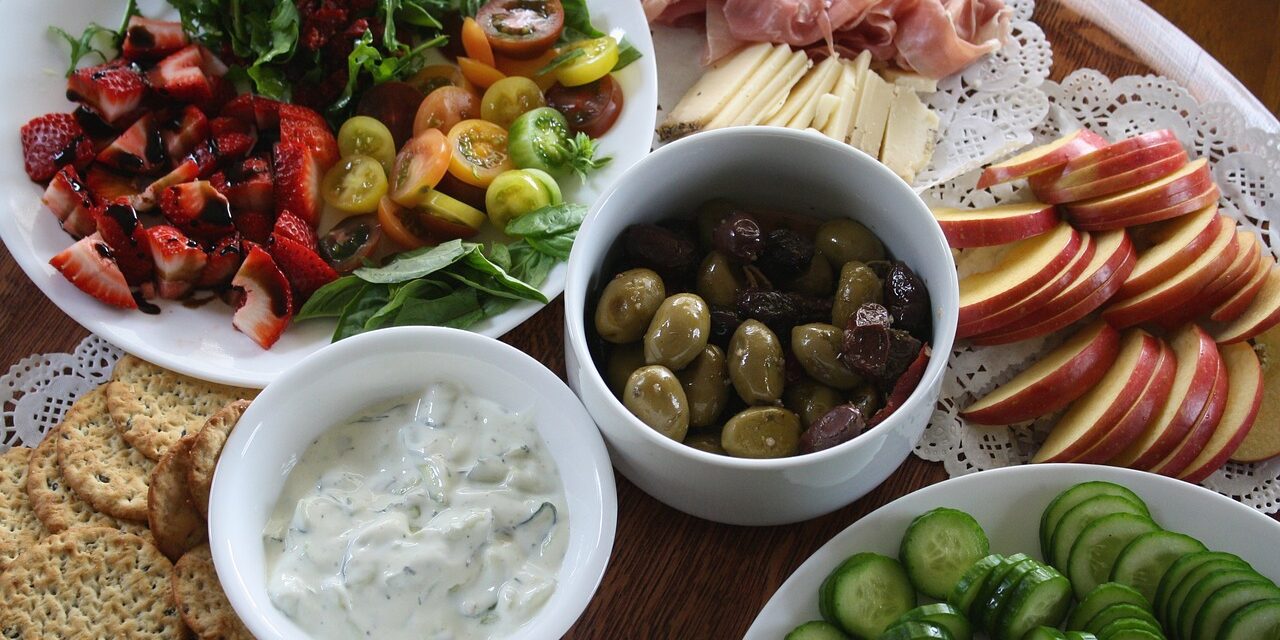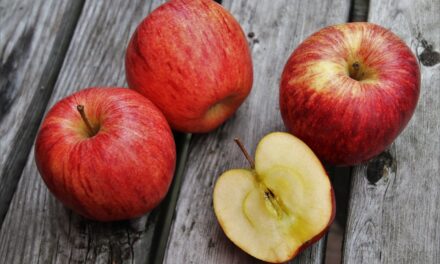Reaching the milestone of 50 often brings a mix of perspectives and life re-evaluations, especially regarding health and fitness. For many men crossing this age mark, shedding those extra pounds becomes more challenging yet more critical than ever. Gone are the days of relying on a quick metabolism or a few weeks of dieting to stay in shape. Instead, a more thoughtful, structured approach to weight loss is required.
This article aims to delve into the essentials of an effective diet for men over 50 who are looking to lose weight. It’s not just about cutting calories; it’s about understanding your body’s changing needs and responding with a sustainable, healthy eating plan. We’ll explore key dietary strategies, backed by science and expert insights, to help you achieve and maintain a healthy weight.
Understanding the Changes in Your Body
Firstly, it’s vital to recognize why losing weight after 50 might be harder than it was when you were younger. Metabolic rate decreases with age, meaning your body burns fewer calories at rest. Additionally, muscle mass naturally diminishes, further slowing down metabolism. These changes mean that without adjustments to your diet and exercise routine, weight gain is more likely.
Furthermore, other factors such as hormonal changes, especially a decrease in testosterone levels, can affect fat distribution, leading to more abdominal fat – a risk factor for heart disease, diabetes, and other health issues. Recognizing these changes is the first step in adapting your diet for weight loss success.
Components of an Effective Diet for Men Over 50
1. Focus on Nutrient Density: Choose foods that provide the most nutrients for the least amount of calories. This means plenty of vegetables, fruits, lean proteins, whole grains, and healthy fats. These foods are not only rich in essential nutrients but also help in keeping you full longer.
2. Monitor Portion Sizes: With a slower metabolism, your calorie needs are lower. Paying attention to portion sizes helps you consume the right amount of calories to promote weight loss.
3. Prioritize Protein: High-quality protein sources such as lean meats, fish, eggs, dairy, beans, and legumes are vital for maintaining muscle mass, which is crucial for keeping your metabolism active.
4. Healthy Fats Are Your Friends: Contrary to outdated beliefs, not all fats are bad. Sources like avocados, nuts, seeds, olive oil, and fatty fish are healthy choices that can improve heart health and provide satiety.
5. Stay Hydrated: Sometimes thirst is mistaken for hunger. Ensuring adequate hydration can help control appetite and aid in weight loss.
6. Limit Sugar and Processed Foods: These can lead to rapid spikes and falls in blood sugar levels, increasing hunger and potentially leading to overeating.
Implementing these dietary changes can significantly impact your weight loss efforts. However, it’s not just about what you eat; it’s also about your overall lifestyle.
Complementing Diet with Lifestyle Changes
Regular Exercise: Combine strength training with aerobic exercises. This combination helps in preserving muscle mass and improving metabolism, making weight loss easier.
Stress Management: High stress can lead to overeating and weight gain. Techniques like meditation, deep breathing, or even regular walking can help manage stress.
Adequate Sleep: Poor sleep can affect your body’s hunger hormones and lead to weight gain. Aim for 7-8 hours of quality sleep each night.
Regular Health Check-ups: Conditions like hypothyroidism, which can be common in older adults, can affect weight. Regular check-ups can ensure underlying health issues are not hindering your weight loss efforts.
As you implement these changes, remember that consistency is key. It’s not about drastic, short-term diets but sustainable lifestyle changes.
Conclusion
Losing weight after 50 may seem daunting, but with the right dietary approach and lifestyle changes, it is entirely achievable. It’s about understanding and adapting to your body’s changing needs. Embrace these changes with a positive mindset, and remember that it’s never too late to make healthful changes. With patience, persistence, and the right strategy, you can achieve your weight loss goals and enjoy better health in your 50s and beyond.






